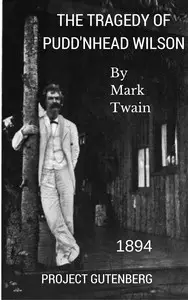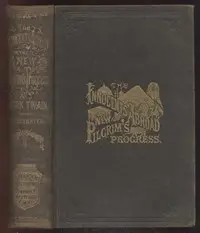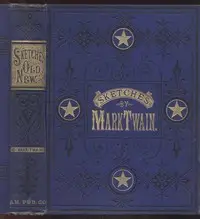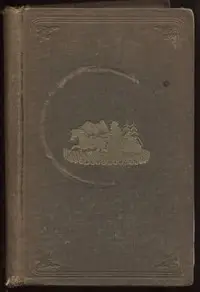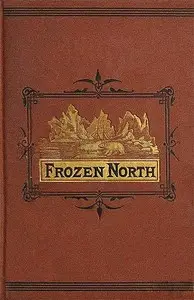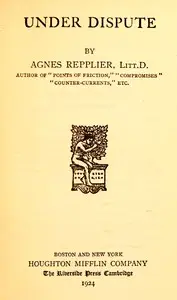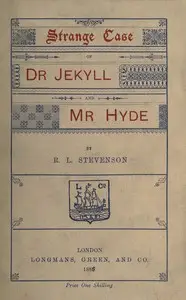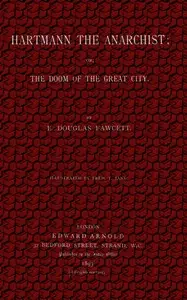"A Connecticut Yankee in King Arthur's Court, Part 8" by Mark Twain is a satirical novel written during the late 19th century. This work explores themes of time travel, social criticism, and the clash between modernity and medievalism. The story depicts the adventures of Hank Morgan, a 19th-century American who finds himself in the court of King Arthur, where he employs his knowledge of technology and science to challenge and alter the values of chivalric society. In this section of the narrative, Hank, now a freed man, struggles for the freedom of himself and the king but faces disastrous setbacks, including a wrongful arrest and the grim fate of fellow slaves. As Hank devises clever plans using his intellect and modern inventions to combat the archaic systems of the past, he ultimately confronts the traditions of knight-errantry in a climactic tournament. The chaotic and comedic encounters highlight Hank's modern sensibilities against the backdrop of medieval values, leading to a grand finale that emphasizes the triumph of common sense and progress over outdated customs. The juxtaposition of Hank's practical approach to conflict resolution with the ornate rituals of knightly battles serves as a broader critique of both romanticized chivalry and the societal norms of Twain’s own time. (This is an automatically generated summary.)
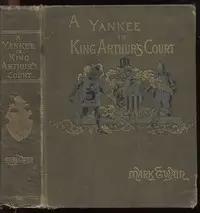
A Connecticut Yankee in King Arthur's Court, Part 8.
By Mark Twain
"A Connecticut Yankee in King Arthur's Court, Part 8" by Mark Twain is a satirical novel written during the late 19th century. This work explores them...
Samuel Langhorne Clemens, known by the pen name Mark Twain, was an American writer, humorist, and essayist. He was praised as the "greatest humorist the United States has produced," with William Faulkner calling him "the father of American literature." Twain's novels include The Adventures of Tom Sawyer (1876) and its sequel, Adventures of Huckleberry Finn (1884), with the latter often called the "Great American Novel." He also wrote A Connecticut Yankee in King Arthur's Court (1889) and Pudd'nhead Wilson (1894) and cowrote The Gilded Age: A Tale of Today (1873) with Charles Dudley Warner.

